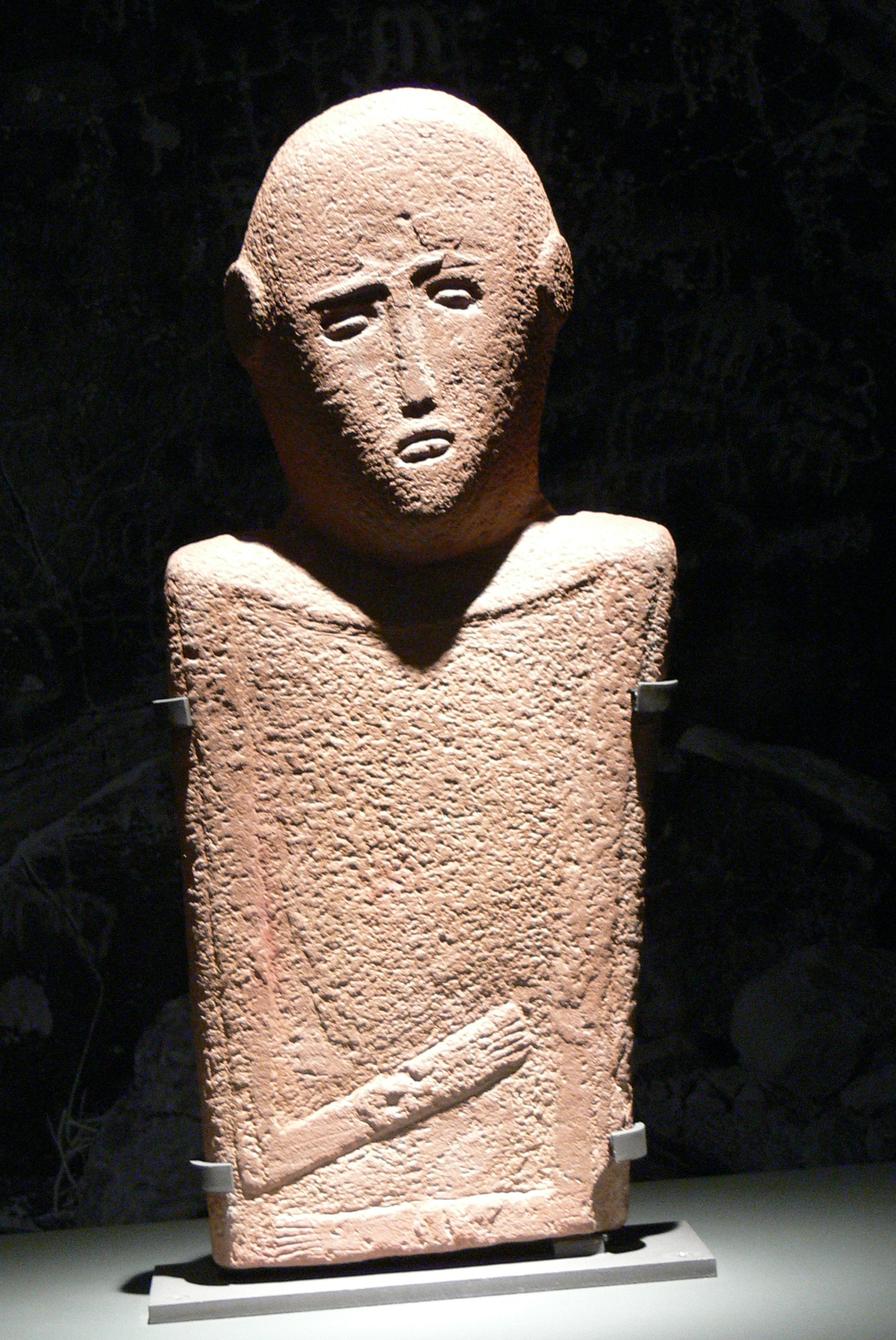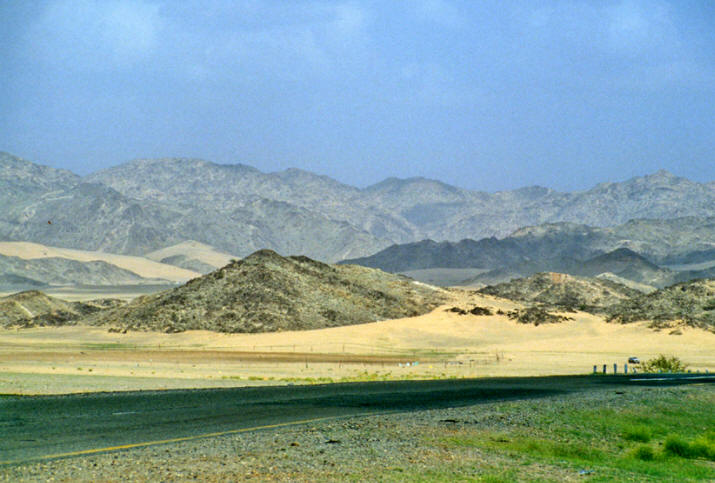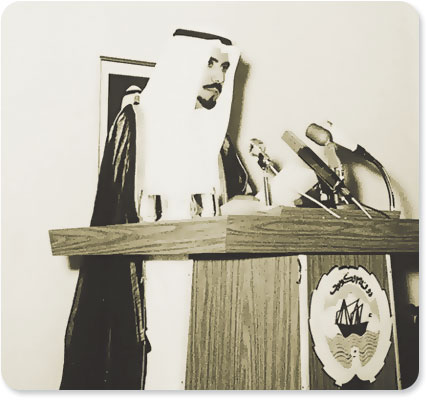|
Emir Of Kuwait
The Emir of the State of Kuwait () is the monarch and head of state of Kuwait, and is the country's most powerful office. The emirs of Kuwait are members of the Al Sabah dynasty. Sheikh Mishal Al-Ahmad Al-Jaber Al-Sabah became the emir of Kuwait on 16 December 2023, following the death of Nawaf Al-Ahmad Al-Jaber Al-Sabah. Rules and traditions of succession Succession to the throne of Kuwait was limited to the descendants of Mubarak Al-Sabah. The position of emir was also traditionally alternated between the two main branches of the Al Sabah family, the Al-Ahmed and Al-Salem branches. The reigning emir must appoint an heir apparent within one year of his accession to the throne; the nominee for consideration as crown prince has to be a senior member of the Al Sabah family. The prime minister is appointed by the emir. Compensation Annual compensation for the emir was defined. The annual compensation was set to 50 million KWD as of 2017. List of rulers Emirs of Bani Khalid ... [...More Info...] [...Related Items...] OR: [Wikipedia] [Google] [Baidu] |
Mishal Al-Ahmad Al-Jaber Al-Sabah
Mishal Al-Ahmad Al-Jaber Al-Sabah (born 27 September 1940) is Emir of Kuwait, reigning since 2023. Mishal spent most of his career in Kuwait's security and intelligence apparatus. Prior to becoming Emir at age 83, he was the oldest crown prince in the world. Biography Mishal was born on 27 September 1940 to Ahmad Al-Jaber Al-Sabah during his father's reign (1921–1950) as the tenth ruler of the Sheikhdom of Kuwait. Mishal was Ahmad's seventh son, and is the paternal younger half-brother of three emirs of Kuwait: Jaber Al-Ahmad Al-Jaber Al-Sabah (1977–2006), Sabah Al-Ahmad Al-Jaber Al-Sabah (2006–2020) and Nawaf Al-Ahmad Al-Jaber Al-Sabah (2020–2023). Mishal attended the Al Mubarakiya School in Kuwait for primary education, then went abroad to the United Kingdom for studies at the Hendon Police College, from which he graduated in 1960. After graduation from Hendon, Mishal joined the Kuwaiti Ministry of Interior (MOI). From 1967 to 1980, he served as head of the ... [...More Info...] [...Related Items...] OR: [Wikipedia] [Google] [Baidu] |
Jaber I Al-Sabah
Sheikh Jaber bin Abdullah Al-Sabah (; Jaber I or Jaber Al-Aish; 1775 – 1859) was the third ruler of the Sheikdom of Kuwait. He governed from 1814 to 1859. He was the eldest son of Abdullah bin Sabah, whom he succeeded upon his death. Reign Jaber's foreign policy was more closely aligned with the Ottoman Empire and opposed to the British. He assisted the Ottomans in fighting against the Banu Ka'b for control of Basra and Khorramshahr, and rebuffed British attempts to make Kuwait a British protectorate. In 1822, he negotiated an agreement with Ibrahim Pasha that allowed Egyptian ships and caravans to pass through Kuwaiti territory. He sheltered political refugees during his reign, most notably Khalid bin Saud Al Saud from Najd Najd is a Historical region, historical region of the Arabian Peninsula that includes most of the central region of Saudi Arabia. It is roughly bounded by the Hejaz region to the west, the Nafud desert in Al-Jawf Province, al-Jawf to the north, . ... [...More Info...] [...Related Items...] OR: [Wikipedia] [Google] [Baidu] |
Invasion Of Kuwait
The Iraqi invasion of Kuwait, codenamed Project 17, began on 2 August 1990 and marked the beginning of the Gulf War. After defeating the Kuwait, State of Kuwait on 4 August 1990, Ba'athist Iraq, Iraq went on to militarily occupy the country for the next seven months. The invasion was condemned internationally, and the United Nations Security Council (UNSC) adopted numerous resolutions urging Iraq to withdraw from Kuwaiti territory. The Iraqi military, however, continued to occupy Kuwait and defied all orders by the UNSC. After initially establishing the "Republic of Kuwait" as a puppet state, Iraq annexed the entire country on 28 August 1990; northern Kuwait became the Saddamiyat al-Mitla' District and was merged into the existing Basra Governorate, while southern Kuwait was carved out as the all-new Kuwait Governorate. By November 1990, the adoption of United Nations Security Council Resolution 678, UNSC Resolution 678 officially issued Iraq an ultimatum to withdraw uncondition ... [...More Info...] [...Related Items...] OR: [Wikipedia] [Google] [Baidu] |
Ba'athist Iraq
Ba'athist Iraq, officially the Iraqi Republic (1968–1992) and later the Republic of Iraq (1992–2003), was the Iraqi state between 1968 and 2003 under the one-party rule of the Arab Socialist Ba'ath Party – Iraq Region, Iraqi regional branch of the Ba'ath Party, Arab Socialist Ba'ath Party. The regime emerged as a result of the 17 July Revolution which brought the Ba'athists to power, and lasted until the 2003 invasion of Iraq, U.S.-led invasion of Iraq in 2003. This period has been described as Iraq's longest period of internal stability since independence in 1932. The Ba'ath Party, led by Ahmed Hassan al-Bakr, came to power in Iraq through the bloodless 17 July Revolution, 17 July 1968 Revolution, which overthrew president Abdul Rahman Arif and prime minister Tahir Yahya.''Saddam (name), Saddam'', pronounced , is his personal name, and means ''the stubborn one'' or ''he who confronts'' in Arabic. ''Hussein'' (Sometimes also transliterated as ''Hussayn'' or ''Hussain'') i ... [...More Info...] [...Related Items...] OR: [Wikipedia] [Google] [Baidu] |
Saudi Arabia
Saudi Arabia, officially the Kingdom of Saudi Arabia (KSA), is a country in West Asia. Located in the centre of the Middle East, it covers the bulk of the Arabian Peninsula and has a land area of about , making it the List of Asian countries by area, fifth-largest country in Asia, the largest in the Middle East, and the List of countries and dependencies by area, 12th-largest in the world. It is bordered by the Red Sea to the west; Jordan, Iraq, and Kuwait to the north; the Persian Gulf, Bahrain, Qatar and the United Arab Emirates to the east; Oman to the southeast; and Yemen to Saudi Arabia–Yemen border, the south. The Gulf of Aqaba in the northwest separates Saudi Arabia from Egypt and Israel. Saudi Arabia is the only country with a coastline along both the Red Sea and the Persian Gulf, and most of Geography of Saudi Arabia, its terrain consists of Arabian Desert, arid desert, lowland, steppe, and List of mountains in Saudi Arabia, mountains. The capital and List of cities ... [...More Info...] [...Related Items...] OR: [Wikipedia] [Google] [Baidu] |
Taif
Taif (, ) is a city and governorate in Mecca Province in Saudi Arabia. Located at an elevation of in the slopes of the Hijaz Mountains, which themselves are part of the Sarat Mountains, the city has a population of 563,282 people in 2022, making it one of the most populous cities in the kingdom. There is a belief that Taif is indirectly referred to in Quran 43:31. The city was visited by the Islamic prophet Muhammad, sometime in the early 7th century, and was inhabited by the tribe of Banu Thaqif. It is still inhabited to this day by their descendants. As a part of the Hejaz, the city has seen many transfers-of-power throughout its history, with the last being during the Saudi conquest of Hejaz in 1925. The city has been called the unofficial summer capital of Saudi Arabia and has also been called the best summer destination in Saudi Arabia as it enjoys a moderate weather during summer, unlike most of the Arabian Peninsula. The city owes its popularity among tourists to ... [...More Info...] [...Related Items...] OR: [Wikipedia] [Google] [Baidu] |
Jaber Al-Ahmad Al-Sabah
Sheikh Jaber Al-Ahmad Al-Jaber Al-Sabah (29 June 1926 – 15 January 2006) (), also known as Jaber III, was Emir of Kuwait from 31 December 1977 until his death in 2006. The third monarch to rule Kuwait since its independence from Britain, Jaber had previously served as minister of finance and economy from 1962 to 1965 when he was appointed prime minister prior to becoming Kuwait's ruler. He was the 13th ruler in the family dynasty. Early life and education Jaber was born on 29 June 1926 in Kuwait City. He was the third son of Ahmad Al-Jaber Al-Sabah. Jaber received his early education at Al-Mubarakiya School, Al-Ahmediya School, and Al-Sharqiya School, and was subsequently tutored privately in English, Arabic, religion and the sciences. His brother Fahad Al-Ahmed Al-Jaber Al-Sabah was killed in 1990 in the Gulf War in front of Dasman Palace. Career Early career In 1962, he was appointed Kuwait's minister of finance when the ministry was established. In this po ... [...More Info...] [...Related Items...] OR: [Wikipedia] [Google] [Baidu] |
Sabah Al-Salim Al-Sabah
Sheikh Sabah III Al-Salim Al-Sabah (12 January 1903 – 31 December 1977) () was the Emir of Kuwait from 24 November 1965 until his death in 1977. Biography The youngest son of Salim Al-Mubarak Al-Sabah, Sabah served as the president of the Police Directorate from 1953 to 1959, President of the public health department from 1959 to 1961, Deputy Prime Minister and Minister of Foreign Affairs from 1962 to 1963, and Prime Minister of Kuwait from 1963 to 1965. He was appointed Crown Prince on 29 October 1962. Sabah succeeded his half-brother Abdullah Al-Salim Al-Sabah upon his death in 1965. He suspended parliament in late August 1976 for four years, claiming it was acting against the nation. He was the 12th ruler in the family dynasty. Sabah Al-Salim died from cancer Cancer is a group of diseases involving Cell growth#Disorders, abnormal cell growth with the potential to Invasion (cancer), invade or Metastasis, spread to other parts of the body. These contrast w ... [...More Info...] [...Related Items...] OR: [Wikipedia] [Google] [Baidu] |
Abdullah Al-Salim Al-Sabah
Sheikh Abdullah Al-Salim Al-Sabah (, 1895 – 24 November 1965) was the eleventh ruler of the Sheikhdom of Kuwait from 1950 to 1961 and the first Emir of the State of Kuwait after the country gained its independence from Great Britain on 19 June 1961. Biography Abdullah was the eldest son of Salim Al-Mubarak Al-Sabah. He was the minister of finance from 1939 to 1940. He took power after the death of his cousin Ahmad Al-Jaber Al-Sabah and also ruled as regent upon the death of his father until the election of Sheikh Ahmad. The anniversary of his coronation, 25 February, serves as Kuwait's national day. Unlike his predecessors, Abdullah was more pro-Arab than pro-British. He effectively ended the British "protectorate" status of Kuwait by signing a treaty with the British on 19 June 1961. He is regarded as the founder of modern Kuwait. He introduced the Constitution of Kuwait in 1962, followed by the Parliament in 1963. He is regarded as having been more committed to constitu ... [...More Info...] [...Related Items...] OR: [Wikipedia] [Google] [Baidu] |
Ahmad Al-Jaber Al-Sabah
Damat Sheikh Ahmad Al-Jaber Al-Sabah (1885 – 29 January 1950) () was the tenth ruler of the Sheikhdom of Kuwait from 29 March 1921 until his death on 29 January 1950. Biography Ahmad was the son of Jaber II Al-Sabah, who was the eighth ruler of the Sheikhdom of Kuwait between 1915 and 1917. He succeeded his uncle Salem Al-Sabah, the ninth ruler of the Sheikhdom of Kuwait, in February 1921. Ahmad was the lead cavalry commander, founder of the military of Kuwait and the Directorate of Public Security Force.Kuwait National Guard ArchivesEarly Defense Cavalry & Infantry Retrieved 3 March 2015 (Arabic) Ahmad tasked his defense cavalry and infantry to Sheikh Ali Salem Al-Mubarak Al-Sabah in the early 1920s and transferred the command of defense cavalry and infantry to Sheikh Abdullah Jaber Al-Abdullah II Al-Sabah following the 1928 Battle of Al-Regeai. In 1936, the Palestinian authorities asked for financial aid from Ahmad Al Jaber, but he refused the demand due to treat ... [...More Info...] [...Related Items...] OR: [Wikipedia] [Google] [Baidu] |
Salim Al-Mubarak Al-Sabah
Salim Al-Mubarak Al-Sabah (; born 1864 – 23 February 1921) was the ninth ruler of the Sheikhdom of Kuwait. The second son of Mubarak I he is the progenitor of the Al-Salim branch of the Al-Sabah family ruling from 5 February 1917 to 23 February 1921 after succeeding his brother Jabir II. Before becoming ruler, Salim was the governor of Kuwait City between 1915 and 1917, as well as the chief cavalry and infantry Infantry, or infantryman are a type of soldier who specialize in ground combat, typically fighting dismounted. Historically the term was used to describe foot soldiers, i.e. those who march and fight on foot. In modern usage, the term broadl ... commander during the 1920 Battle of Jahra. His rule was succeeded by Ahmad Al-Jaber Al-Sabah following his death in February 1921. References 20th-century rulers in Asia 1864 births 1921 deaths Salim Honorary companions of the Order of the Star of India Rulers of Kuwait {{MEast-royal-stub ... [...More Info...] [...Related Items...] OR: [Wikipedia] [Google] [Baidu] |
Jaber II Al-Sabah
Jaber II Al-Mubarak Al-Sabah, (1860 – 5 February 1917), was the eighth ruler of the Sheikhdom of Kuwait from the Al-Sabah dynasty. He was the eldest son of Mubarak Al-Sabah and is the ancestor of the Al-Jaber branch of the Al-Sabah family. He ruled the country from 28 November 1915 to his death on 5 February 1917 and was succeeded by his brother, Salim Al-Mubarak Al-Sabah. Although his reign was very short, Jaber is known for economic reforms he initiated. Honours and awards * Companion of the Order of the Star of India (CSI): Conferred in the 1916 Birthday Honours The 1916 Birthday Honours were appointments by King George V to various orders and honours to reward and highlight good works by citizens of the British Empire. The appointments were made to celebrate the official birthday of The King, and were .... Awarded 23 November 1916 References 20th-century rulers in Asia 1860 births 1917 deaths Honorary companions of the Order of the Star of India H ... [...More Info...] [...Related Items...] OR: [Wikipedia] [Google] [Baidu] |




